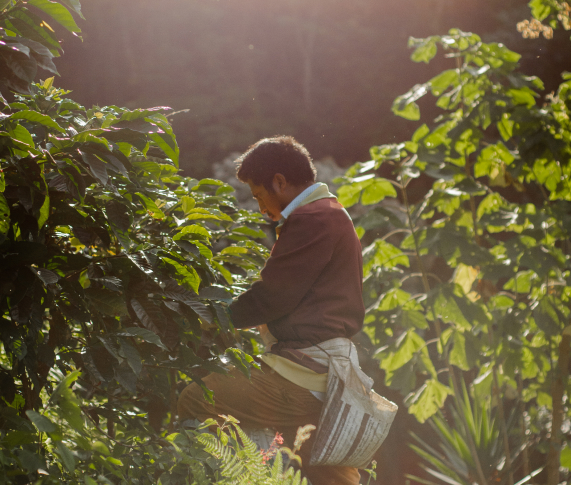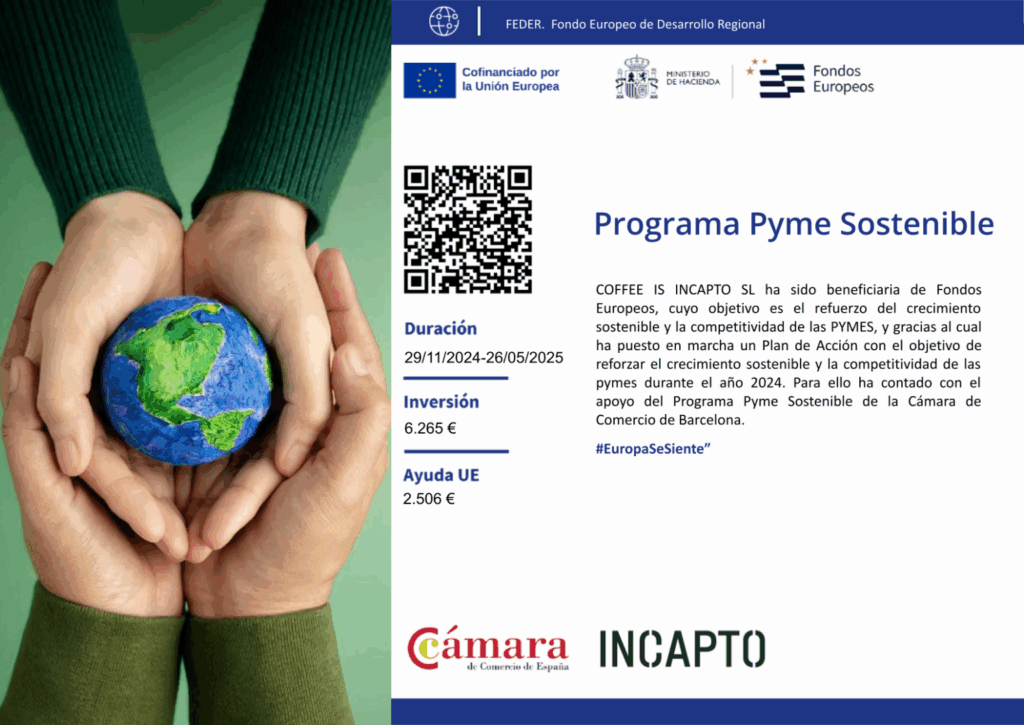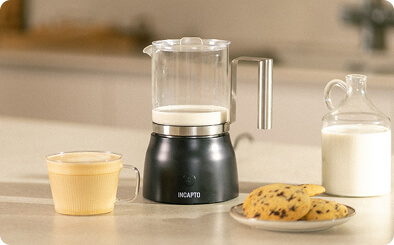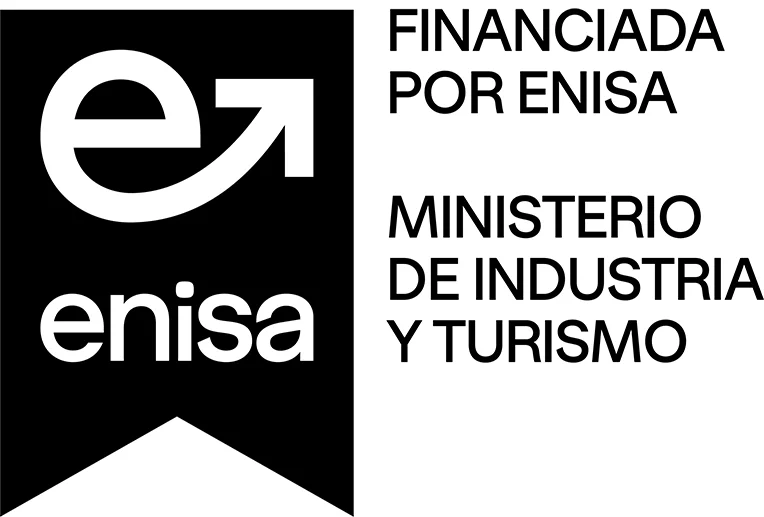We were born to free
coffee from capsules
coffee from capsules
For a sustainable
coffee
Our mission is to transform the coffee industry towards sustainability. Every year, landfills are filled with around 60 billion coffee capsules (Perfect Daily Grind), and INCAPTO was born as a solution to this problem.
Demand more from your coffee and choose high-quality, sustainable alternatives for your daily routine!
Demand more from your coffee and choose high-quality, sustainable alternatives for your daily routine!


Our sustainability report
In an exercise of transparency, we present our first sustainability report. This document reflects our effort to reduce the environmental and social impact of the coffee sector.
The report includes specific data on the actions we take to minimize our impact, from the selection of sustainable coffees to the implementation of environmentally friendly agricultural practices. We want to share our commitment to people and the planet and invite all parts of the value chain to join this collective effort.
The report includes specific data on the actions we take to minimize our impact, from the selection of sustainable coffees to the implementation of environmentally friendly agricultural practices. We want to share our commitment to people and the planet and invite all parts of the value chain to join this collective effort.
Driving responsible consumption
We promote the consumption of better coffee—with less impact on the planet, greater traceability of origin, and support for fair trade—ensuring the economic stability of farmers. Although coffee growers are essential in the coffee value chain, 44% of smallholder coffee farmers worldwide live in poverty, and 22% in extreme poverty.
(2022 Enveritas Smallholder Coffee Sustainability Report).


Taking sustainable action for fair coffee
Our commitment is clear: at INCAPTO, we support production models that combine fair payment and responsible farming to achieve better outcomes. This approach increases farmers’ income, helps preserve traditional agroforestry systems, and mitigates the effects of climate change.
Additionally, at INCAPTO, we work every day to measure the traceability of our coffee. This means that, beyond knowing and respecting the country of origin of each bean, we build strong relationships with the farms and the farmers who grow them. It’s a commitment that goes beyond the people who handpick each coffee bean every day—it also includes the plantation itself and all the biodiversity that surrounds it.
Additionally, at INCAPTO, we work every day to measure the traceability of our coffee. This means that, beyond knowing and respecting the country of origin of each bean, we build strong relationships with the farms and the farmers who grow them. It’s a commitment that goes beyond the people who handpick each coffee bean every day—it also includes the plantation itself and all the biodiversity that surrounds it.
At INCAPTO, we are committed to a responsible value chain and produce a product based on a supportive chain that ensures the care of people and does not tolerate inequality of opportunity.
Origin
We have developed our own scholarship program, ‘Coffee for Good,’ through which we allocate 1 euro to social projects for every kilogram of coffee sold.
In 2021, we invested in The South Face: a project that supported the training of 6 women at Dedan Kimathi University of Technology. This helped create more empowerment opportunities and fostered greater technical knowledge within the sector.
In 2021, we invested in The South Face: a project that supported the training of 6 women at Dedan Kimathi University of Technology. This helped create more empowerment opportunities and fostered greater technical knowledge within the sector.
Choice
Our Guatemala coffee is certified organic. The rest of our coffees undergo multi-residue analysis that has proven them to be free of pesticides, herbicides, and fertilizers.
Did you know you can reduce the environmental footprint of your cup of coffee by 79% by choosing organic coffee?*
Conventional coffee | 0.28 kg of CO2
Organic coffee | 0.06 kg of CO2
Purchase
On one hand, we purchase our coffees from Mexico through Ethic Hub, a social enterprise that connects small farmers with the financing they need to work their land and sell their harvests directly in markets.
On the other hand, for our Sumatra coffee, one avocado tree is donated to the plantation for every 60 kg of coffee sold.
Circular ending
Thanks to Bolet Ben Fet, we transform the coffee grounds generated by companies with INCAPTO coffee machines into organic material for cultivating oyster mushrooms. Each kilogram of coffee grounds, combined with two kilograms of growth substrate, produces 700 grams of mushrooms. Additionally, the producer saves resources like chestnut wood and cereals, as these are replaced by the coffee grounds.
At INCAPTO, we continue committing to a more sustainable future!
We are proud to announce that we have obtained the ISO 14001 Environmental Management Systems certification, a key step in our commitment to the planet. 🌱
This certification was made possible thanks to the Sustainable SMEs program by the Chamber of Commerce, which has supported us in implementing good environmental practices across all our processes.
We continue working so that every cup of coffee is not only good for you but also good for the world. 💚
This certification was made possible thanks to the Sustainable SMEs program by the Chamber of Commerce, which has supported us in implementing good environmental practices across all our processes.
We continue working so that every cup of coffee is not only good for you but also good for the world. 💚






